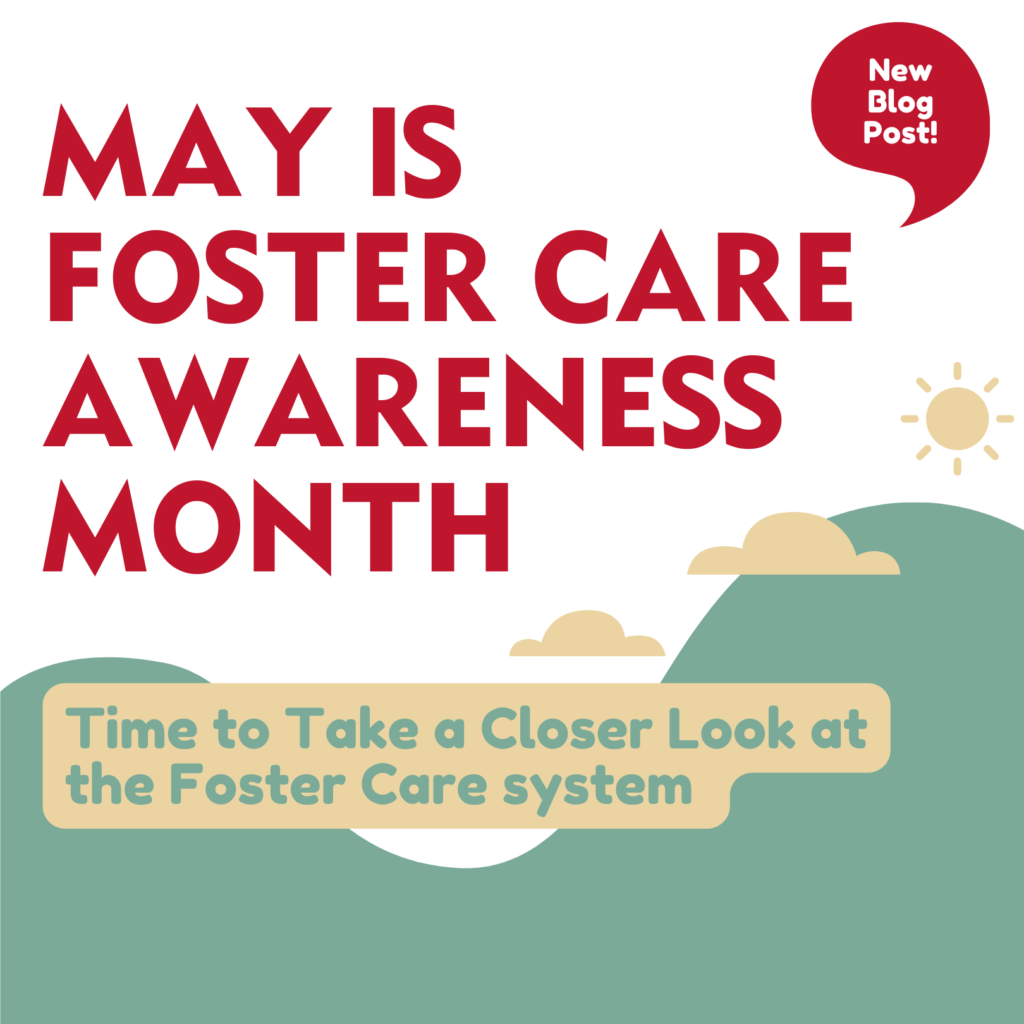Taking a Closer Look at the Foster Care System
We believe that all youth and families interacting with the foster care, or “child welfare,” system should have equitable access to the supports and services they need to thrive. Their rights should be protected as they do so, and the child welfare system should be best equipped to truly ensure their welfare.
Over 9,500 children from 4,600 families were involved in Nebraska’s child welfare system in 2019.1 While the intent is to provide supports and services to ensure these families can safely remain together, the system does not always accomplish this and can have the opposite effect.
Children and families very frequently emerge from this system even more traumatized and harmed, with their families invaded, policed, separated, and thrown into cycles of system involvement and poverty. And this is often unjustifiably so in response to reports of clear poverty or those based in racism. Data demonstrates this:
Punishment of Poverty
80% of the substantiated child maltreatment cases in Nebraska are due to physical neglect, or failure to meet a child’s basic needs like food, shelter, or clothing rather than abuse. In other words, families experiencing poverty are being punished with child welfare system involvement, surveillance, and oftentimes separation, rather than being connected to resources to cover their basic needs.
Racial Disparities
Native and Black youth are overrepresented in Nebraska’s child welfare system. While American Indian and Alaska Native youth make up 1.1% of children in Nebraska, they make up approximately 4.8% of those involved in Nebraska’s child welfare system. Similarly, Black youth make up 14.9% of children involved in our child welfare system, despite only making up 6% of Nebraska’s youth population.
Where do we go from here?
Nebraska has continued to make incredible strides in improving its child welfare system and is full of committed, able, and heartful child welfare service providers. However, we must not be dismissive of the real harms this system causes and perpetuates in the name of child welfare.
This Foster Care Awareness Month, Nebraska Appleseed is highlighting some common misunderstandings and truths about the child welfare system, suggesting alternative language in speaking about it, uplifting partners and advocates already leading these changes, and how to move forward.
As we continue our ever-lasting journey to better educate ourselves and improve our work, if you feel compelled to share your own experiences and thoughts throughout this month, please feel free to reach out to Schalisha Walker, child welfare program coordinator, at swalker@neappleseed.org or reply to this blog. We’d really love to hear from you.
1 All data regarding Nebraska’s foster care population in this blog comes from the Voices for Children in Nebraska’s “2020 Kids Count in Nebraska Report”.


